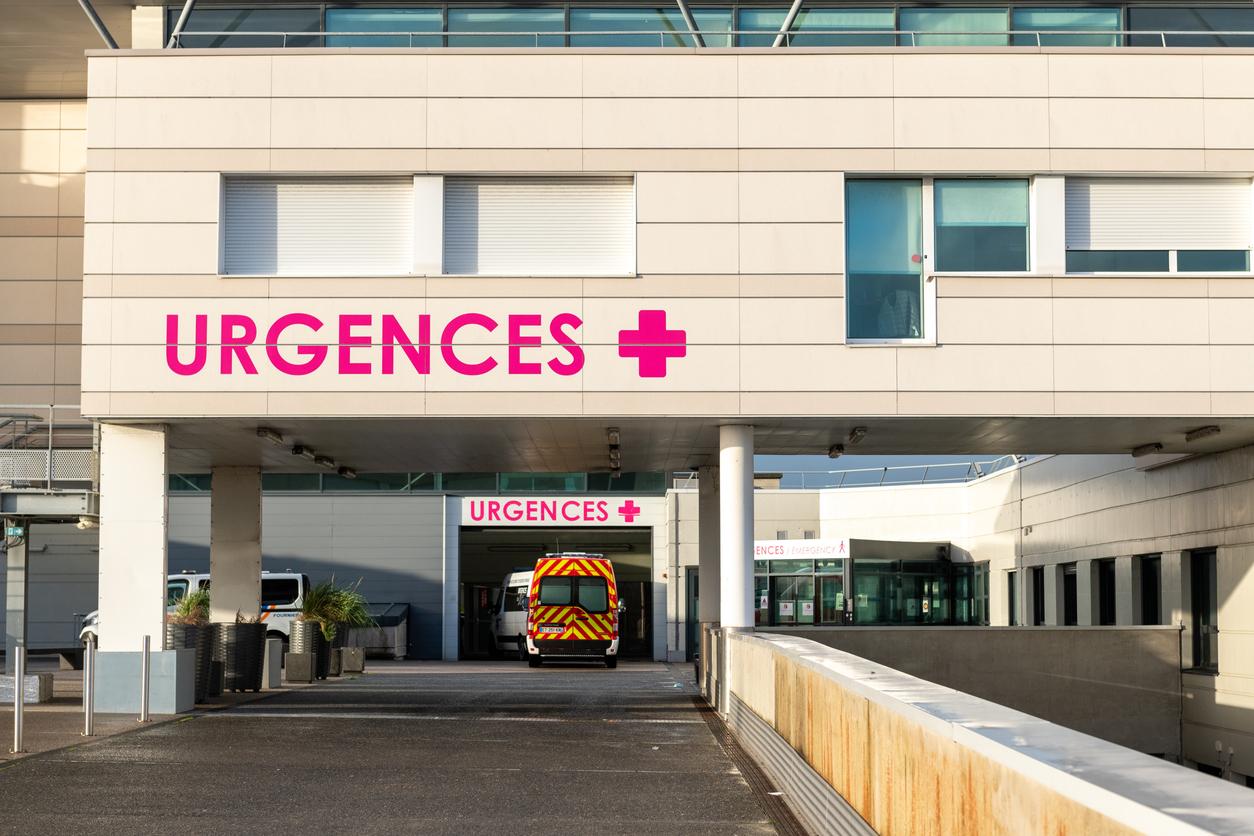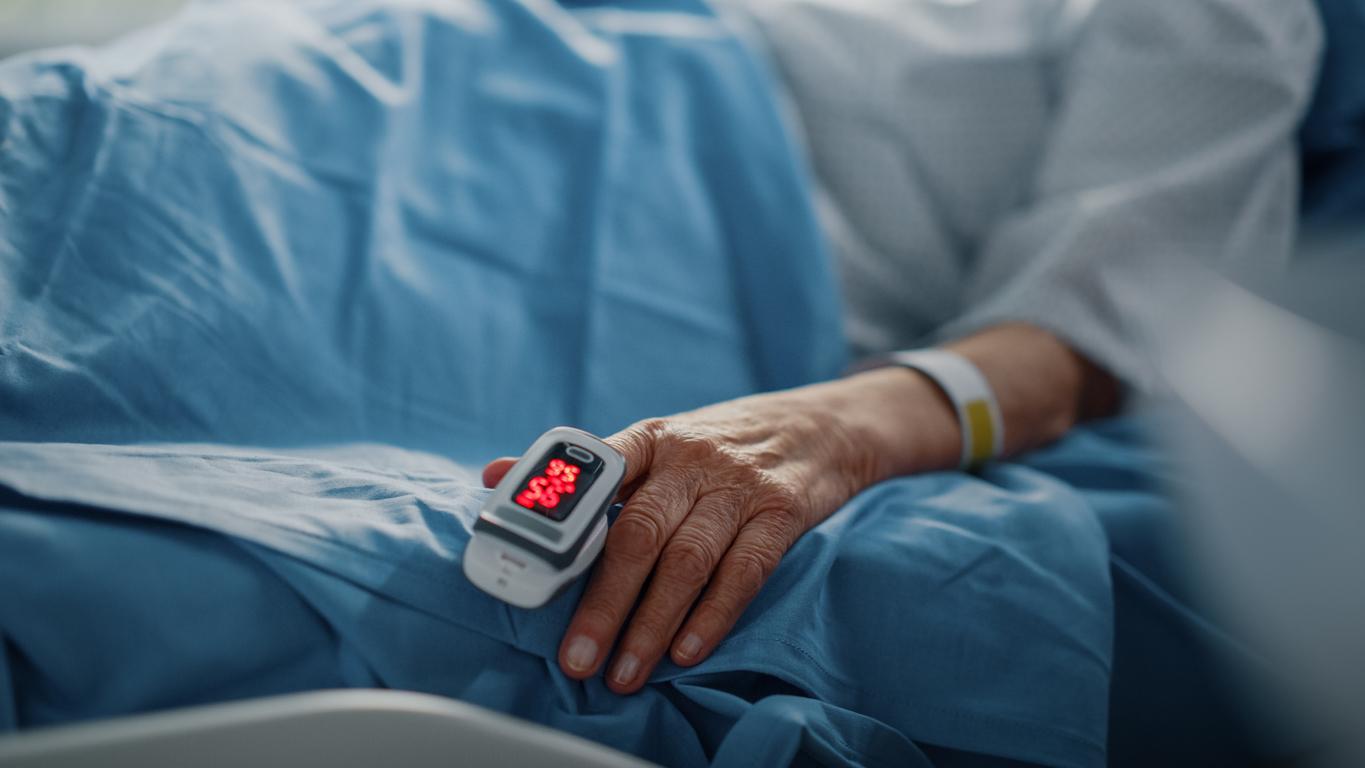Seniors consume too many drugs, underlines a report on EPHAD submitted to the Minister of Health. An explosive cocktail often at the origin of hospitalizations.

12 million elderly people live in France, including a minority in accommodation for dependent elderly people (EHPAD). These residents are generally very old, dependent and suffer from several illnesses. This is why there is a massive use of drugs.
This December 12, the ministers Marisol Touraine (Health) and Michèle Delaunay (Elderly people and Autonomy) received the report on the drug policy in EHPAD. The assessment, drawn up by Philippe Verger, deputy director of the CHU of Limoges (Haute-Vienne), is not brilliant.
10% of hospitalizations after 65 years
People over 65 represent a sixth of the French population but a fifth of drug consumption. The fault lies mainly with a deteriorated state of health with age. In nursing homes, the use of drugs is beating records: the report mentions an average of seven different molecules per day and per person. A priori justified use, since a large half of the residents of retirement homes suffers from dementia, behavioral disorders or depressive symptoms.
The problem arises when these products interact and cause unwanted effects. Among the top 5 most used classes are antidepressants, anxiolytics, hypnotics, neuroleptics and mood regulators. An explosive cocktail that could explain the high number of hospitalizations due to side effects. This affects one in ten people over 65, and twice as many among those over 80. Improving the drug policy for the elderly is therefore a major health issue.
The “thousand-leaf prescriptions”
In this report, Philippe Verger points out the many shortcomings in the care of dependent elderly people. Interactions between different drugs have several causes. In the first place, the report pinpoints the “thousand-sheet prescriptions”. This colorful term refers to the multiplication of the number of prescribers in the health journey of an elderly person, often unrelated between the different practitioners. More and more frequent self-medication is added to this. The physical condition of the elderly patient and the dosage of the drugs themselves add to this main cause.
To improve care, suggests Dr. Verger, it is first necessary to use drugs more effectively, while securing the drug circuit. But it is also necessary to favor alternative solutions, optimize the information system of nursing homes and develop research on drugs intended for the elderly. These solutions will be used to define the next action plan on the issue. It should be part of a bill intended to adapt society to aging.
.















